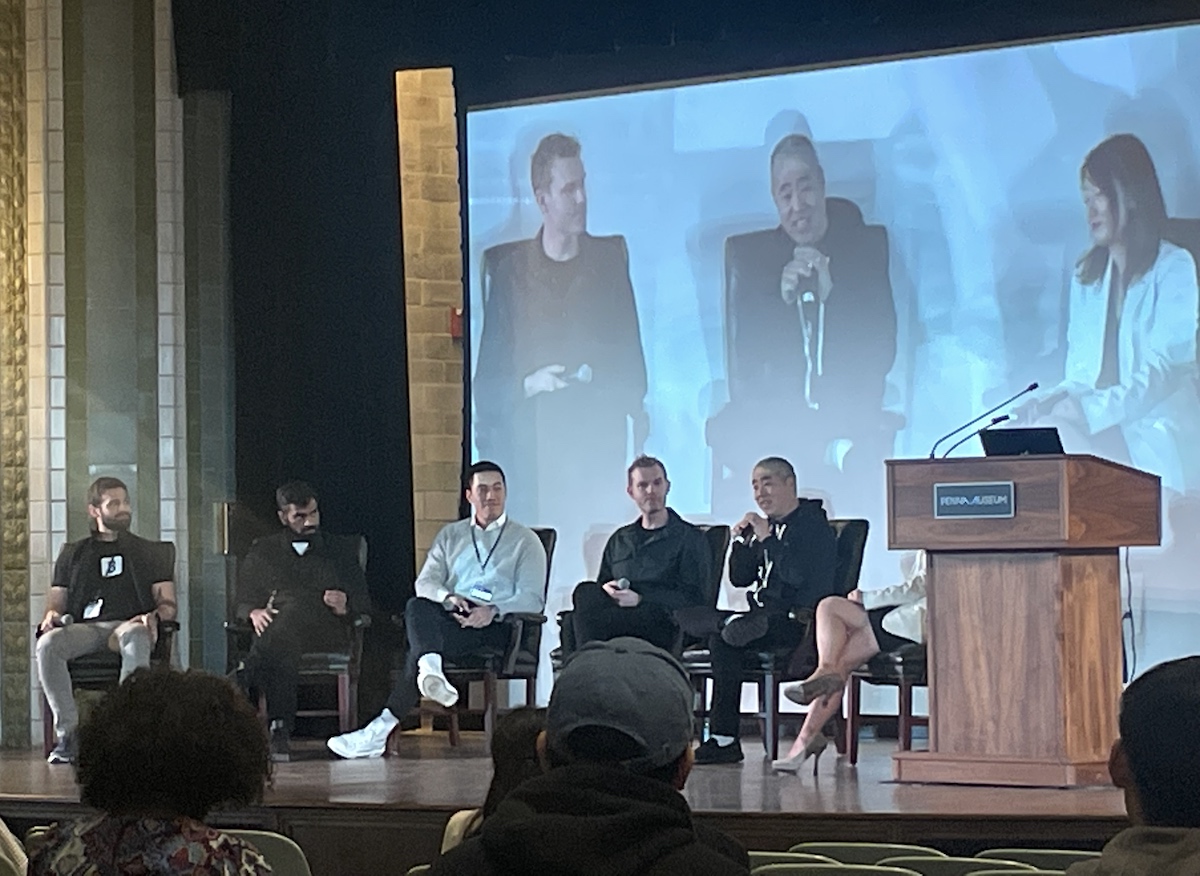What is blockchain’s role in shaping our world?
Over the weekend I attended the 5th Annual Penn Blockchain Conference hosted by the University of Pennsylvania. The event brought together private equity investors, regulators, students and hackers along with some of the biggest crypto names to discuss the current state and future of blockchain technology.
Powered by Avalanche, Magna and Struck Capital, among many others, the conference offered a wealth of insight and thought-provoking discussions, along with six satellite events from across the city.
Penn Blockchain Conference 2023 by the numbers:
- 28 panels and 110 panelists
- 1400 responses
- 16 sponsors
- 200 hackers
- 120 students flew in from all over the world
- 50 volunteers around the clock
Here are my 10 most important takeaways from the event:
1. Open DMs
First: The conference made it clear that people in the blockchain industry are open to connecting through direct messaging, even those that may seem unreachable, from CoinFund to A16Z. This is especially true in a bear market, when individuals are more likely to be open to networking.
2. Build in crypto
Building applications in the crypto world is similar to building in the aerospace industry. Developers should approach their work with a mindset of building with expectation failure, just like aerospace software engineers do – penetration testing in simulated environments that replicate the most sophisticated attacks. They should constantly test and refine their work to prevent potential problems.
3. Interchain stablecoins
Currently, stablecoins are limited to operating within one environment, but the goal is for them to become more pervasive, just like money in a traditional financial system. For example, Venmo dollars should not be considered “Venmo dollars” but just “dollars”.
4. Interoperability
Although there are still no directly interoperable applications in the blockchain industry, significant progress has been made.
5. Blockchain and AI
Blockchain will play a significant role in the future of artificial intelligence to create trustless autonomy. Blockchain can make data inherently trustworthy through cryptography, removing the need for data managers such as Google to have access to data.

At the Fifth Annual Penn Blockchain Conference. (Photo by Drew Mailen)
6. Public and regulatory conversations
There should have been more conversations between the public and regulators before the outcome of the SEC’s investigation into Kraken.
There is also a lack of education about Web3 and more needs to be done to address this issue. Everyone from retail consumers to DC politicians equate crypto with the grifters that have made headlines over the past year — Celsius, Terra Luna, FTX, etc. Regulators must learn that in this emerging age of the web, trust is in the technology, not the individuals who create it.
7. Regulation of digital assets
Regulating digital assets is more complicated than regulating orange groves.
In 1946, the United States Supreme Court heard the case SEC v. WJ Howey Co., which involved an investment scheme that offered people the opportunity to invest in a citrus grove with the expectation of making a profit from the sale of oranges. The Court held that the investment contract in the Howey case was a security, as it met the criteria of the Howey test, which examines whether an investment involves an investment of money in a joint venture with the expectation of profit primarily from the efforts of others. .
The ruling established a legal precedent that has been used in subsequent cases to determine whether other types of investments, such as real estate partnerships, limited partnerships and franchises, are securities under US law. Crypto is fundamentally different from this case for several reasons, including the nature of the investment, the investment contract and the expectation of performance.
8. Philly’s Web3 scene is still in its early stages, but growing steadily
Organizations like DeFi Philly, NFT Philly, and Bitcoin Jawn make this possible, carrying the torch from events like Coinvention and meetups like the Philadelphia Ethereum Meetup.
I also sat down with Richard Ou, a Penn student and one of the conference’s organizers, who told me about the importance of the conference.
“The potential of students is often underestimated,” Ou said. “The conference helps bridge the gap between academia and industry to reinforce the educational infrastructure necessary for continued growth in the sector. The importance of the conference for Penn students is the opportunity to make an industry-wide impact by leveraging their innate talents and passion for blockchain to create a platform that truly helps inspire, educate and connect.”
Companies: University of Pennsylvania
Knowledge is power!
Subscribe for free today and stay up to date with the news and tips you need to grow your career and connect with our vibrant tech community.
Technical media


